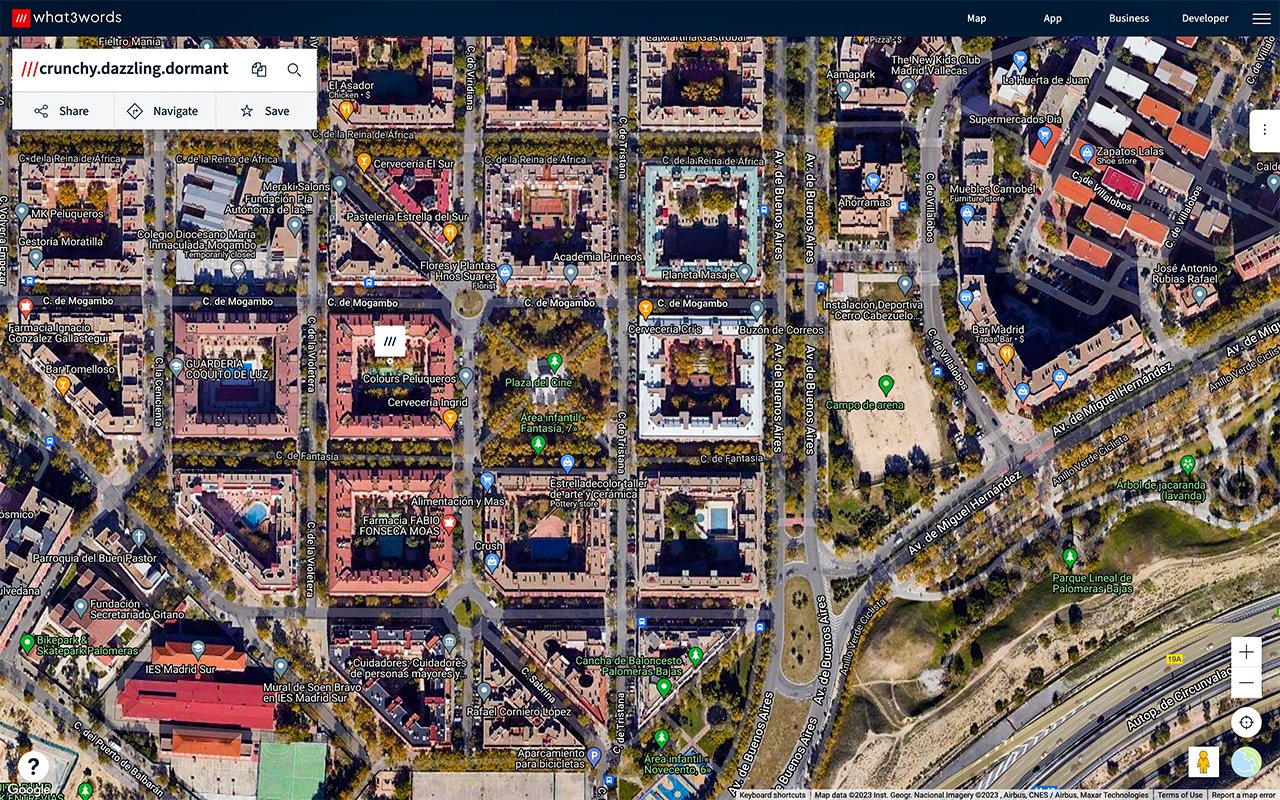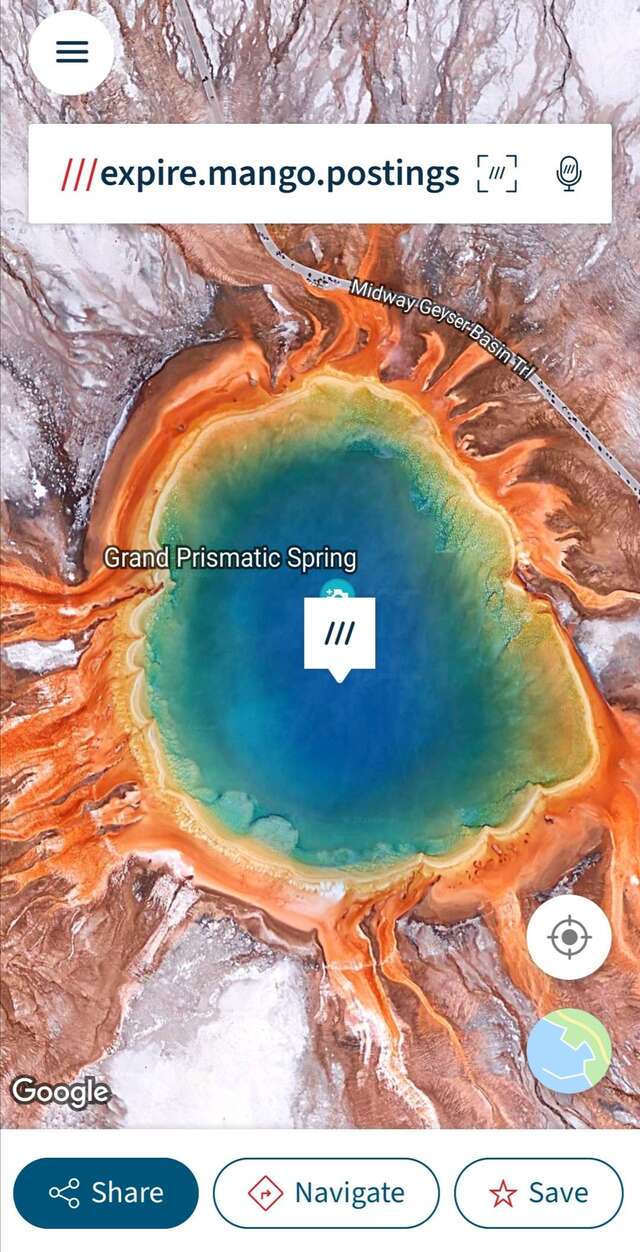What Is What3Words And How Will It Change Location Mapping
Could This Innovative System Make Zip Codes Obsolete?
Posted On:

In today's digital age, the way we address places is changing. From traditional street addresses and zip codes to latitudinal and longitudinal coordinates, and now to three-word combinations, there's a transformation happening in the world of geolocation. At the center of this is 'what3words'. But could this new system truly affect the longstanding method of using zip codes? Let's delve in.
What is what3words?
what3words is a geocoding system that divides the world into a grid of 3m x 3m squares, assigning each one a unique combination of three words. For instance, instead of saying "1600 Pennsylvania Ave NW, Washington, DC", which is the address of the White House, you could use the words "kicks.mirror.tops". The primary idea is to provide a more precise location, down to a few meters, rather than general areas or buildings.
Key Features:
- Simplicity: It converts complex GPS coordinates into simple words.
- Precision: Directs users to exact locations, instead of nearby points.
- Language Variety: Available in multiple languages, making it accessible globally.
- Offline Access: The system can work without an internet connection, a boon for remote areas.
- Mobility: In addition to the web maps, the what3words mobile app is available for Android & iPhone phones.

How Could It Affect Zip Codes?
Zip codes, or postal codes, were primarily designed to make mail traveling more efficient and effective. They categorize areas and routes for postal carriers. On the other hand, what3words provides specific pinpointing, which is not necessarily aligned with mail delivery routes.
Areas of Impact:
- Emergency Services: While zip codes help in narrowing down locations, what3words can be vital in emergencies to guide services to the exact location, whether it's a car breakdown on a lengthy highway or a hiking accident in a vast park.
- E-Commerce Deliveries: As online shopping grows, precise locations become crucial for customer satisfaction. While zip codes guide to general areas, what3words could ensure your parcel is delivered to the exact spot you prefer.
- Travel and Exploration: For travelers and adventurers, what3words can lead to undiscovered or off-the-grid spots without the need for intricate directions.
- Urban Planning: As cities grow and become more complex, what3words can help in infrastructural planning, ensuring every nook and corner is accounted for.
However, the inherent infrastructure and understanding built around zip codes make them resilient to becoming obsolete anytime soon, primarily because of the following reasons:
- Well-established System: Zip codes have decades of usage and understanding behind them. Changing to a new system wholesale would be a massive endeavor.
- Governmental and Official Use: Official documents, systems, and processes recognize zip codes, making them integral to existing structures.
- Generalization: Sometimes, it's beneficial to have a generalized area code, rather than a pinpoint location. For instance, demographic studies, area-wise offers, and regional promotions work well with zip codes.
Caveats of what3words
Probably the biggest drawback of what3words is its proprietary nature. Headquartered in London, England, what3words is a private business entity, that has so far resisted attempts to create an open standard based on its tech.
While the company earns money through B2B licensing of its API, it has been operating at a loss the past few years. In case the business goes down, this promising tech could simply disappear.
Conclusion
what3words offers an innovative, precise, and easy-to-use addressing system. However, it is more of a complement to zip codes rather than a replacement. As technology advances, we might see an integration where both systems are used in tandem, harnessing the strengths of each. For now, though, while what3words will continue to grow in specific sectors, zip codes remain fundamental to our addressing infrastructure.